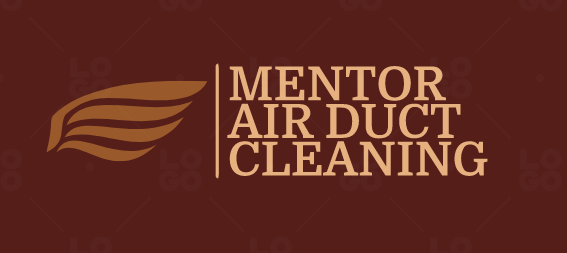What About Allergens?
Allergens
Are you wondering why your allergies persist even when you're safe inside your home? The answer might be circulating through your air ducts right now. Your heating and cooling system could be harboring allergens that affect your family's health every time it runs.
Dust mites, those microscopic troublemakers, thrive in the warm, undisturbed environment of your air duct system. They feast on dead skin cells and leave behind waste particles that trigger allergic reactions. Every time your system runs, your air ducts could be distributing these allergens throughout your home. A thorough air duct cleaning can significantly reduce these unwanted inhabitants.
Pet owners, this especially concerns you. Even if you're diligent about cleaning, pet dander inevitably finds its way into your ductwork. Those tiny flakes of skin, fur, and feathers get pulled into your air ducts and then redistribute throughout your home – even into rooms where pets aren't allowed. Professional vent cleaning can break this cycle of contamination.
Mold presents another serious concern. When warm air flowing through your ducts meets cooler surfaces, condensation occurs, creating perfect conditions for mold growth. Once mold takes hold in your ductwork, it releases spores into your living space with every burst of air. Regular air duct cleaning helps prevent this health hazard from developing.
Beyond these common allergens, your heating system can contribute to indoor air pollution in other ways. Systems that aren't properly maintained may release pollutants like nitrogen dioxide and particulate matter, especially when air ducts are clogged with debris. This can irritate respiratory conditions and worsen existing allergies.
Protecting your family from these airborne threats requires proactive steps:
- Schedule professional air duct cleaning to remove accumulated allergens
- Clean or replace air filters monthly
- Control humidity levels to prevent mold growth
- Ensure proper ventilation throughout your home
- Have your vents professionally cleaned to remove built-up contaminants
Don't let allergens continue to circulate through your home. Take control of your indoor air quality today.
Contact Mentor Air Duct Cleaning at 440-276-5783
for a FREE "No Hassle" quote and breathe easier knowing your air ducts are clean and healthy.
Service Areas
We Accept




Our Hours
Mon - Fri 8am - 6pm
Sat By Appointment
Sun Closed
